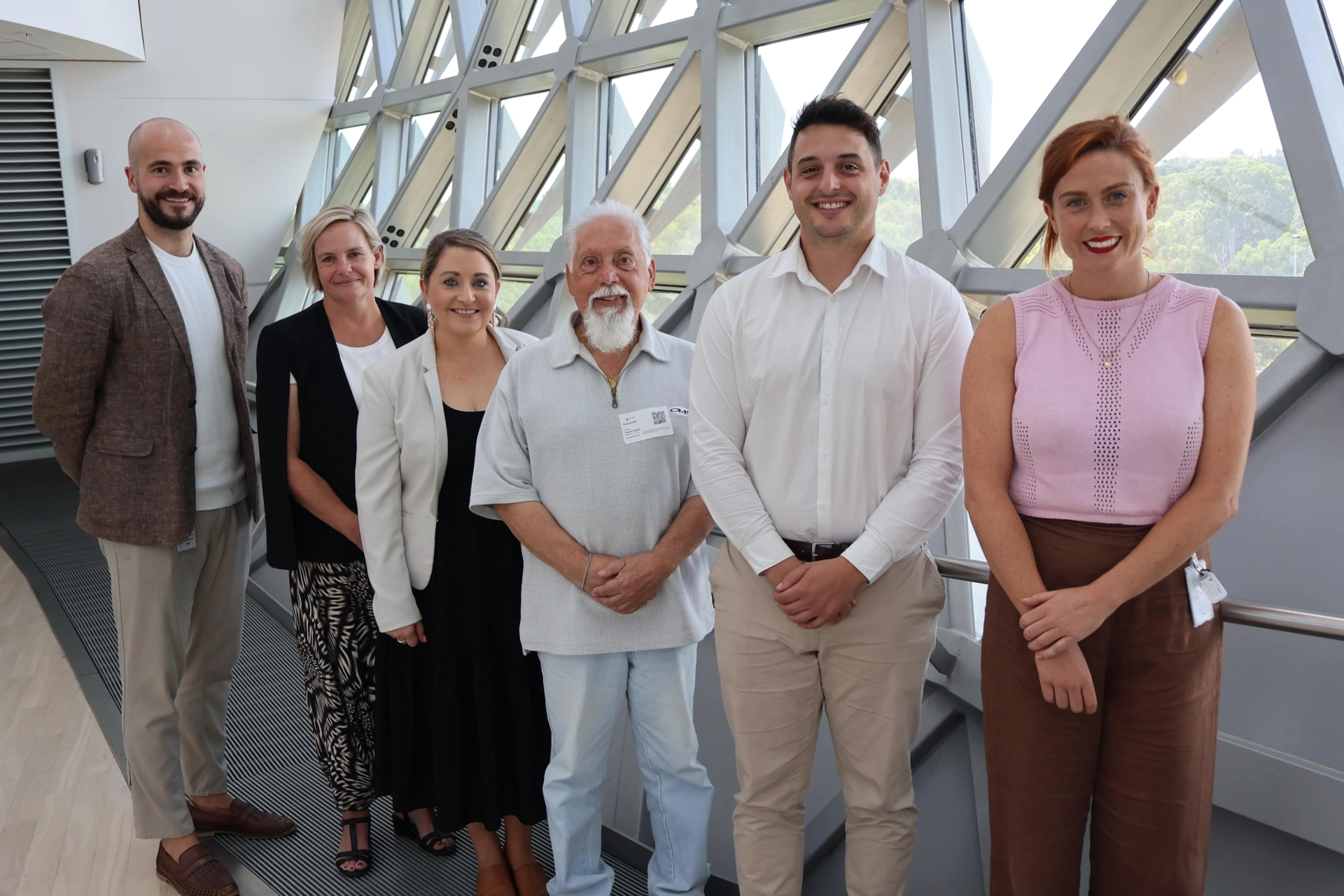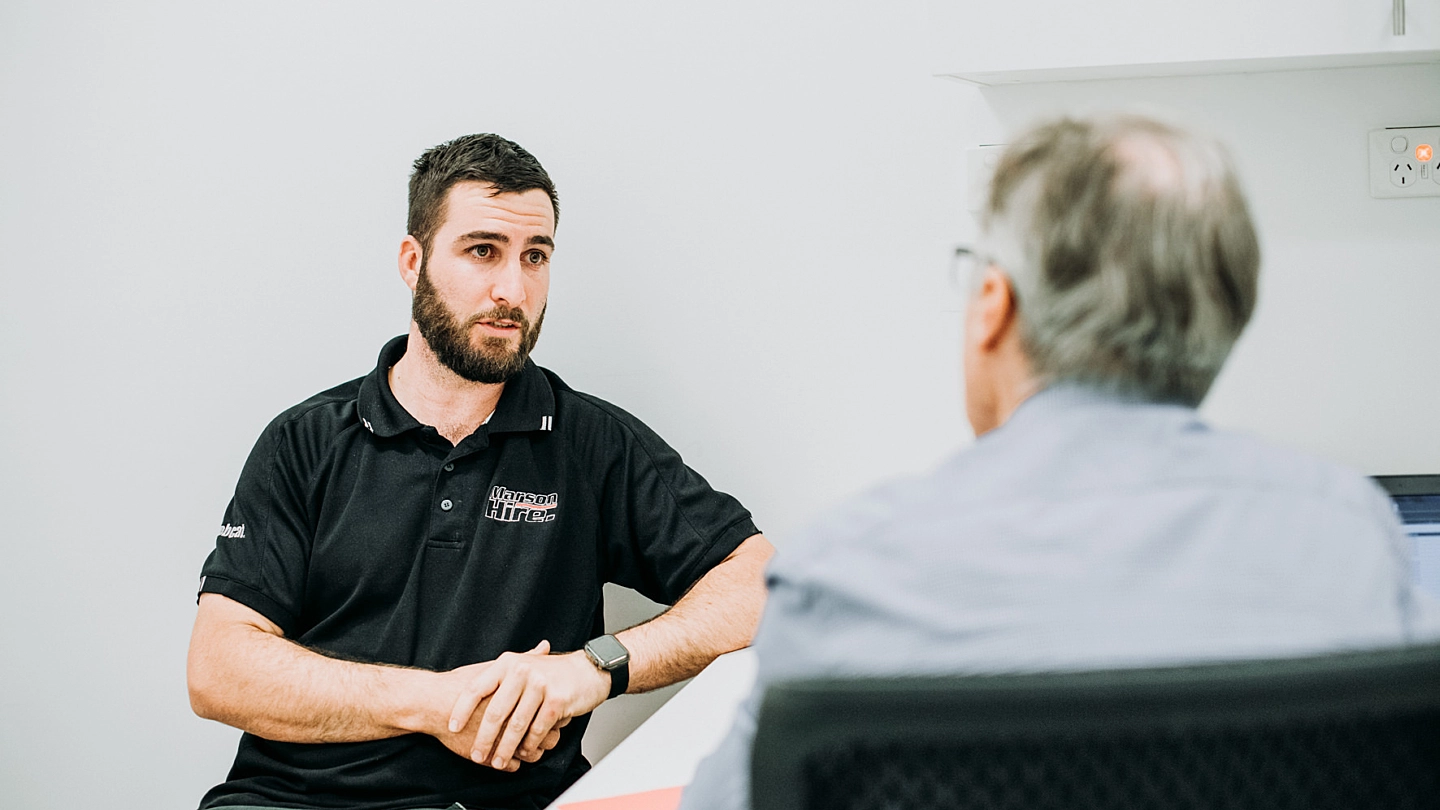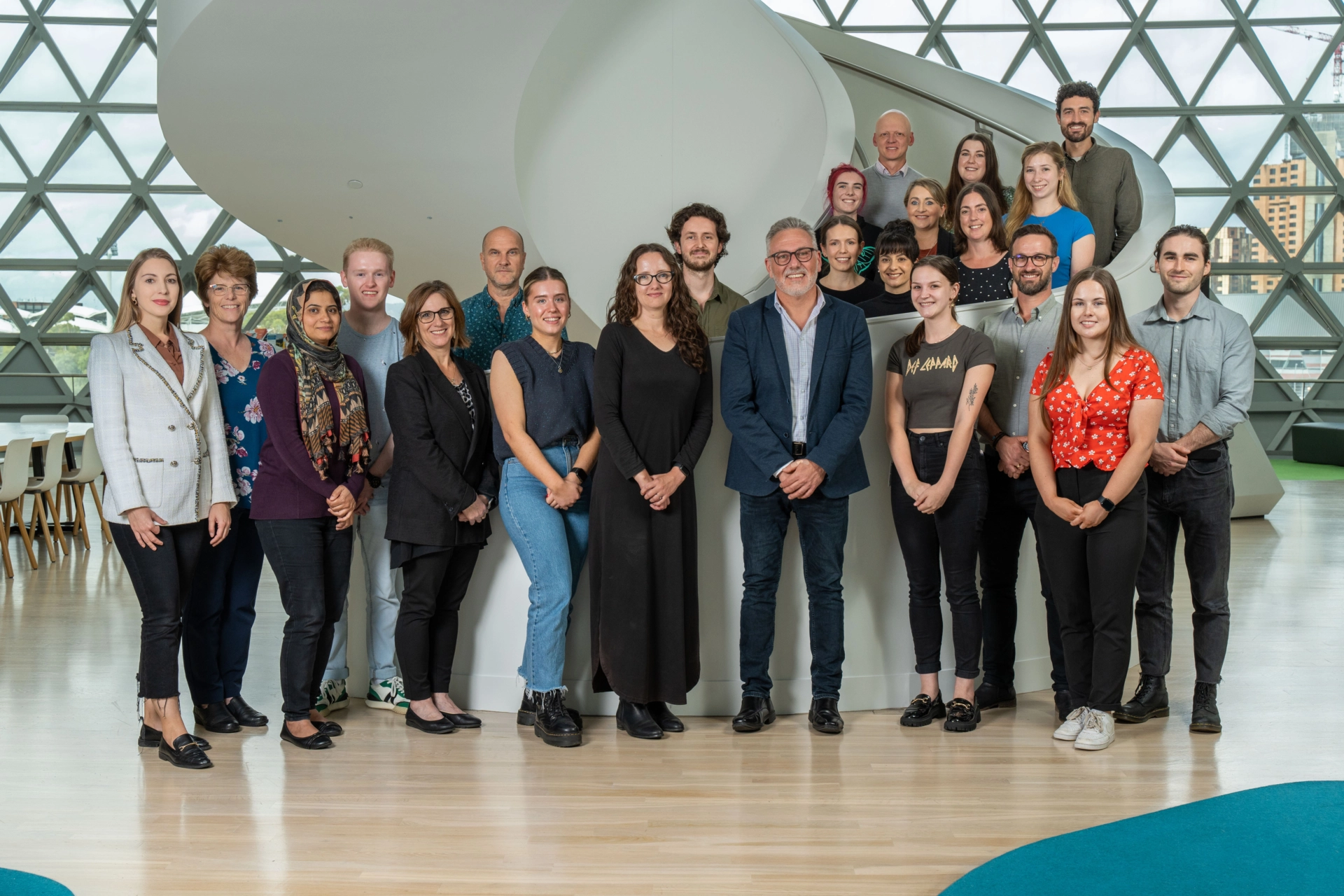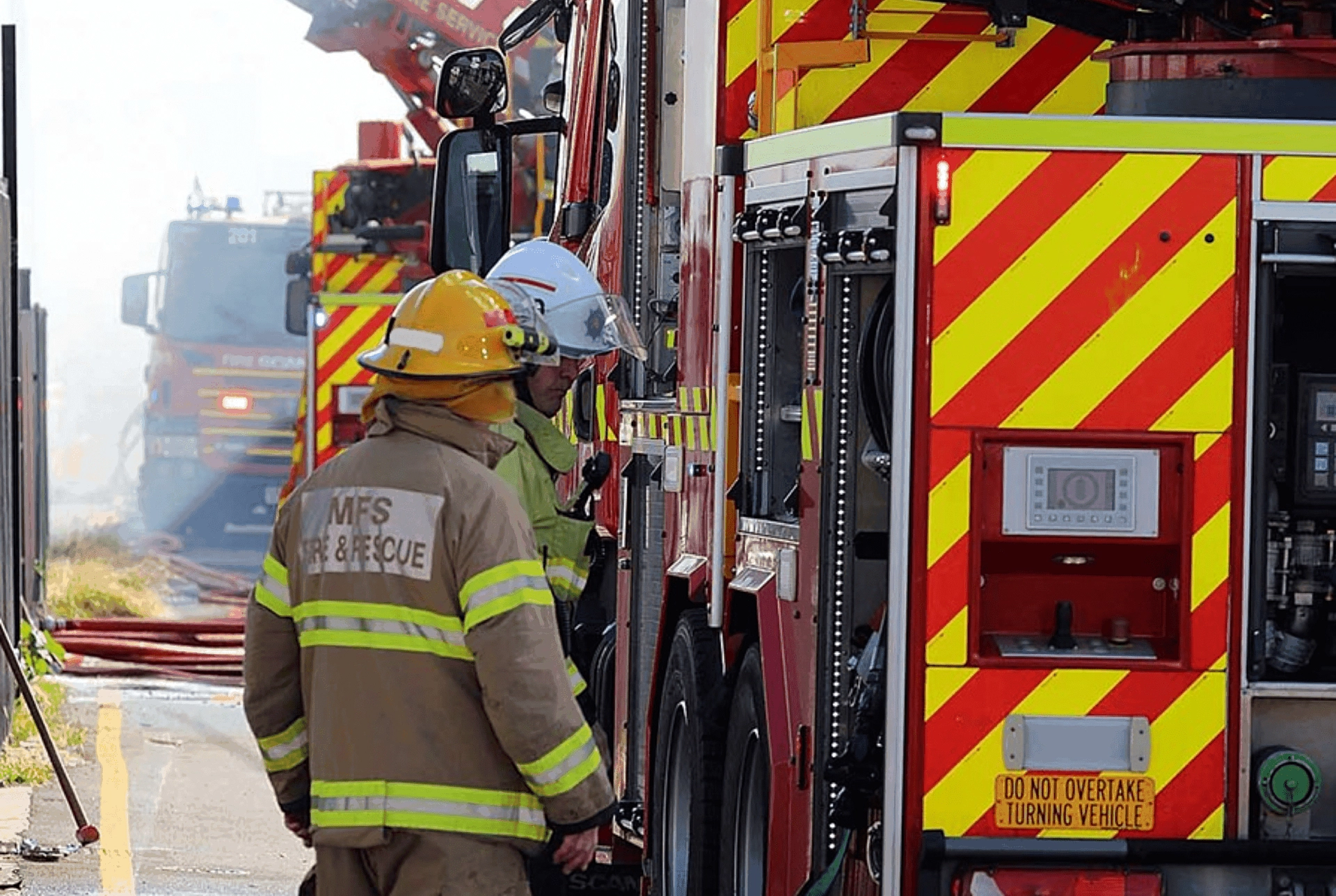Dom Scoleri is one of 18,000 Australians who live with multiple myeloma, an incurable blood cancer known to offer the poorest quality of life of all cancers.
Dom has survived for more than a decade, far surpassing his original prognosis of five years, and while he’s still going strong, the effects of treatment and living with constant uncertainty has put significant strain on his mental health.
“When I was first diagnosed, I thought I’d be doing backflips if I made it to 65, I’m nearing 70 now and I’m still here,” Dom said.
“It’s a hell of a grind. It’s so difficult to navigate and resilience is crucial, because this disease is at you all the time. If you haven’t got the right mindset, it’ll kill you.”
Despite the significant psychosocial burden and fierce consumer advocacy, there is a lack of accessible mental health and wellbeing services for people living with myeloma.
This has inspired Dom's idea to build a program aimed at improving wellbeing and boosting resilience.
Funded by a Medical Research Future Fund (MRFF) grant, the ‘MyWELL’ study brings together researchers from SAHMRI, the University of Adelaide, Health Translation SA, Flinders University, the University of South Australia (UniSA), Central Adelaide Local Health Network (CALHN), University of the Sunshine Coast and University of Technology Sydney.
Led by cancer care researcher, Dr Hannah Wardill, and wellbeing intervention expert, Dr Matthew Iasiello, collaborators will work closely with consumer advocates like Dom, to tailor a customised version of the ‘Be Well Plan’, an existing 6-week long evidence-based mental health and wellbeing program created by Be Well Co.
Once developed and trialed, the ultimate goal is to deliver the program at scale to patients around the country, in partnership with Myeloma Australia.
“The Be Well Plan has a range of simple techniques that people can practice to improve their day-to-day mental health and wellbeing,” Dr Iasiello said
“Evidence shows that these can be very useful for people diagnosed with cancer, and this is an exciting opportunity for us to make sure that we meet the specific requirements of people with myeloma.”
Multiple myeloma is an inherently difficult disease to treat, with many therapies ultimately failing to keep the disease under control. As a result, patients are treated with multiple lines of therapy, with no idea how they will respond to each.
“The uncertainty is unbearable for many people and is further compounded by the debilitating side effects that many myeloma drugs can cause,” said Dr Wardill, a Hospital Research Foundation Fellow and the Leader of the Supportive Oncology Group at SAHMRI.
“Fatigue, memory loss, pain, nerve damage, digestive issues, rashes, infection and heart problems are more than just an inconvenience, they render people housebound, unable to work and often less willing to adhere to their intended cancer treatment.”
The ongoing care provided to those with myeloma is almost exclusively focused on controlling the disease, with very limited allowance for mental health needs.
Experts say professional one-on-one support is too resource intensive and inaccessible, with wait times for psychological services extending up to 12 months, and the cost involved a barrier for many.
While self-management solutions lack evidence as an effective method for meeting the needs of people with cancer.
This results in significantly more suffering than necessary, with the interplay between physical and psychosocial symptoms affecting the entire life of individual's like Dom, and their loved ones.
“I hit a wall and stopped maintenance treatment for a short time in 2023 due to an infection and because it wasn’t working as well as we had hoped. Stressful family issues at the same time compounded the situation, further impacting my mental state," Dom said.
“Mentally, I was done. Hopelessness set in, I didn’t want to continue anymore, I had lost control. It’s so easy to be negative and once you become negative it’s a downward spiral.
“Fortunately, by being able to just talk about it with my medical team, I was able to switch my mindset and refocus on my therapy just in time to keep going and stay alive."
This new project builds on the foundation laid by SAHMRI donor, Ruth Murchland, who bequeathed $40,000 in her will to create a wellbeing program for women living with and beyond breast cancer, a concept that came to fruition in 2022.
“This is a fantastic opportunity as a patient to be part of building something with these researchers that’s got the potential to give people in my situation the tools to mentally cope with this terrible disease. I feel like it’s my project and that’s hugely motivating,” Dom said.
MyWELL will be developed over the next three years and will recruit 200 people living with myeloma and its pre-cancer form, smoldering myeloma, to take part.
To read more about the program and express your interest in participating, click here.





